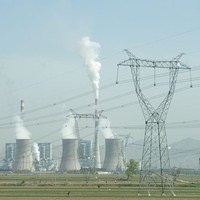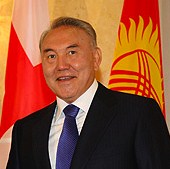
China recently announced plans to invest $635 billion in water infrastructure over the next 10 years, prompting criticism about the effect of China’s water policy on its downstream neighbors. Scott Moore, a doctoral research fellow at Harvard Kennedy School of Government researching sustainable energy development in China, explained the context and possible consequences of the plan in an email interview. WPR: What is the context of China’s recent announcement of plans to dramatically expand its hydropower capacity over the next few years? Scott Moore: Three factors frame China’s recent plans to expand its hydropower capacity. The first and most important […]







